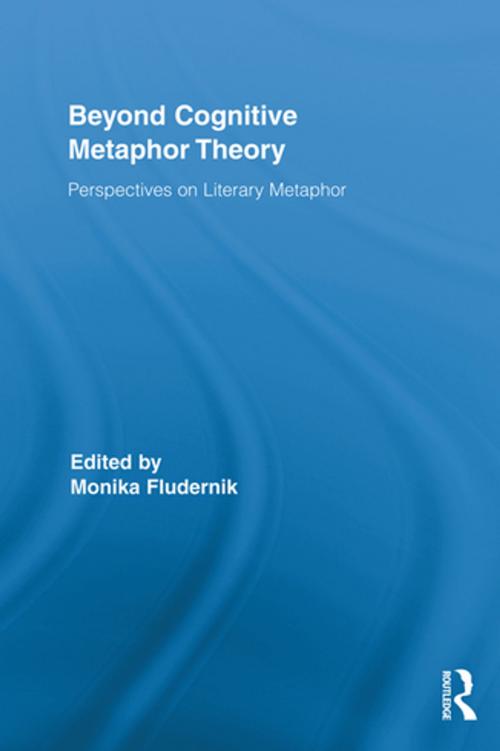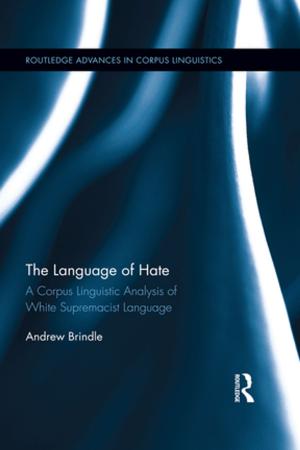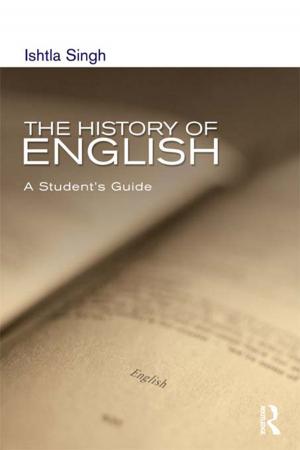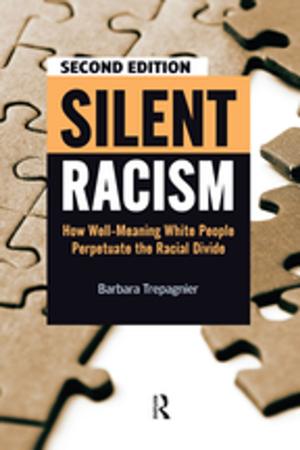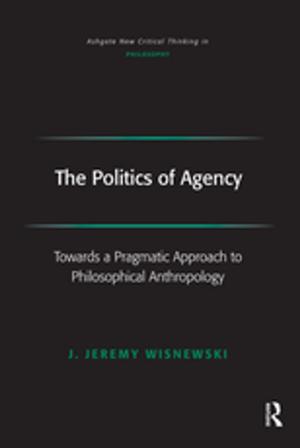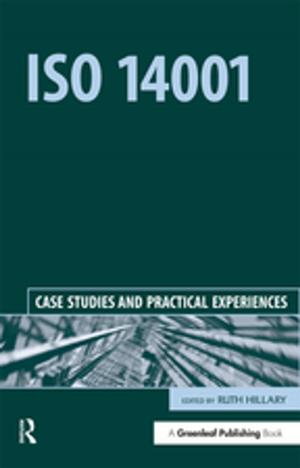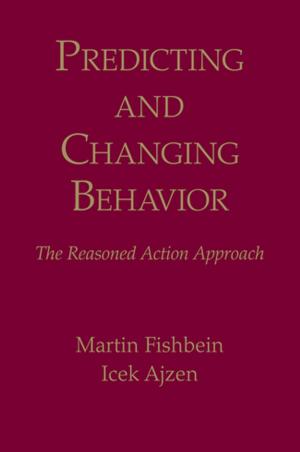Beyond Cognitive Metaphor Theory
Perspectives on Literary Metaphor
Nonfiction, Reference & Language, Language Arts, Linguistics, Fiction & Literature, Literary Theory & Criticism| Author: | ISBN: | 9781136717642 | |
| Publisher: | Taylor and Francis | Publication: | March 29, 2012 |
| Imprint: | Routledge | Language: | English |
| Author: | |
| ISBN: | 9781136717642 |
| Publisher: | Taylor and Francis |
| Publication: | March 29, 2012 |
| Imprint: | Routledge |
| Language: | English |
In this innovative collection, an international group of scholars come together to discuss literary metaphors and cognitive metaphor theory. The volume's goals are three-fold. The first aim of the book is to present some recent approaches to metaphor which have no immediate connection with cognitive metaphor theory and have developed independently of it. While the cognitive approach has become the leading paradigm in the English speaking world, elsewhere (in Europe) rhetorical, semantic, and logical models have remained in use and continue to be elaborated. These models have so far had little international exposure. Their inclusion in this study is meant to provide a balance to the cognitive paradigm and to open up a possible discussion of the advantages and disadvantages of cognitive metaphor theory for the analysis of literary texts. The second aim of the collection is to illustrate a range of successful applications of the new cognitive models to literary texts. And, the third aim of the study is to provide an assessment of cognitive metaphor theory from a literary point of view.
In this innovative collection, an international group of scholars come together to discuss literary metaphors and cognitive metaphor theory. The volume's goals are three-fold. The first aim of the book is to present some recent approaches to metaphor which have no immediate connection with cognitive metaphor theory and have developed independently of it. While the cognitive approach has become the leading paradigm in the English speaking world, elsewhere (in Europe) rhetorical, semantic, and logical models have remained in use and continue to be elaborated. These models have so far had little international exposure. Their inclusion in this study is meant to provide a balance to the cognitive paradigm and to open up a possible discussion of the advantages and disadvantages of cognitive metaphor theory for the analysis of literary texts. The second aim of the collection is to illustrate a range of successful applications of the new cognitive models to literary texts. And, the third aim of the study is to provide an assessment of cognitive metaphor theory from a literary point of view.
